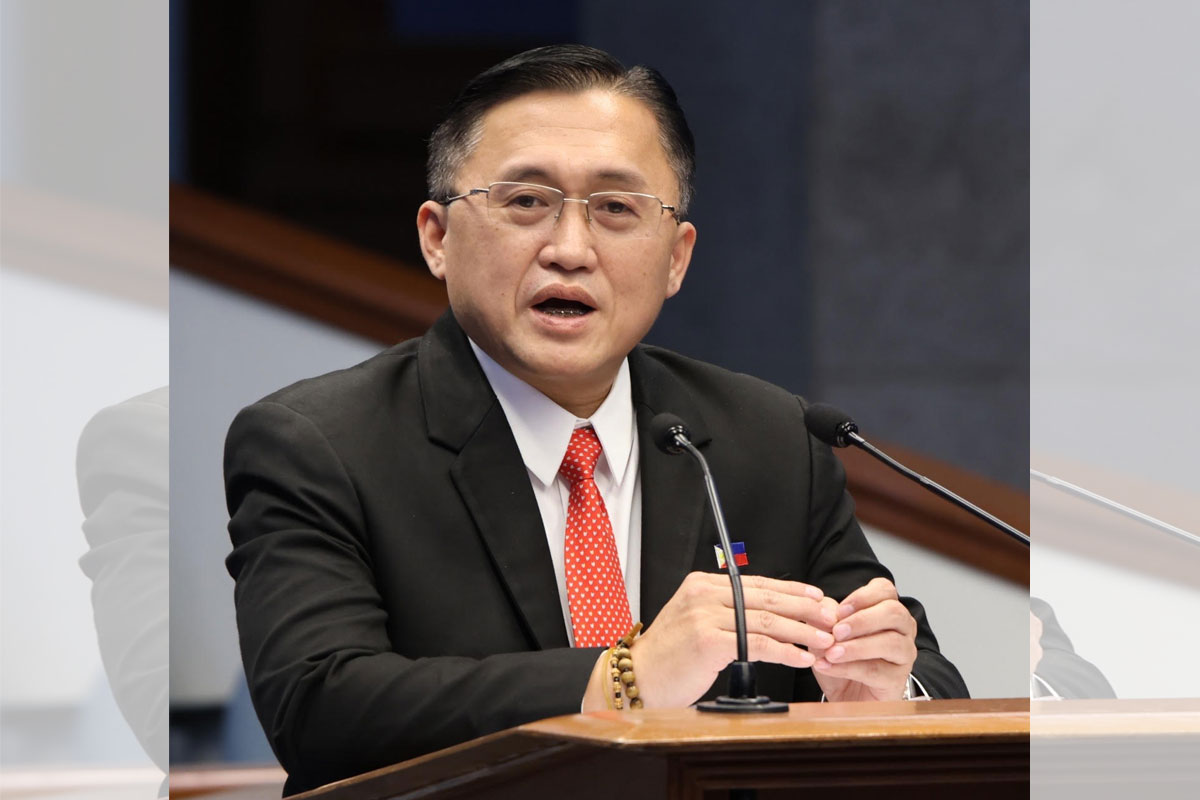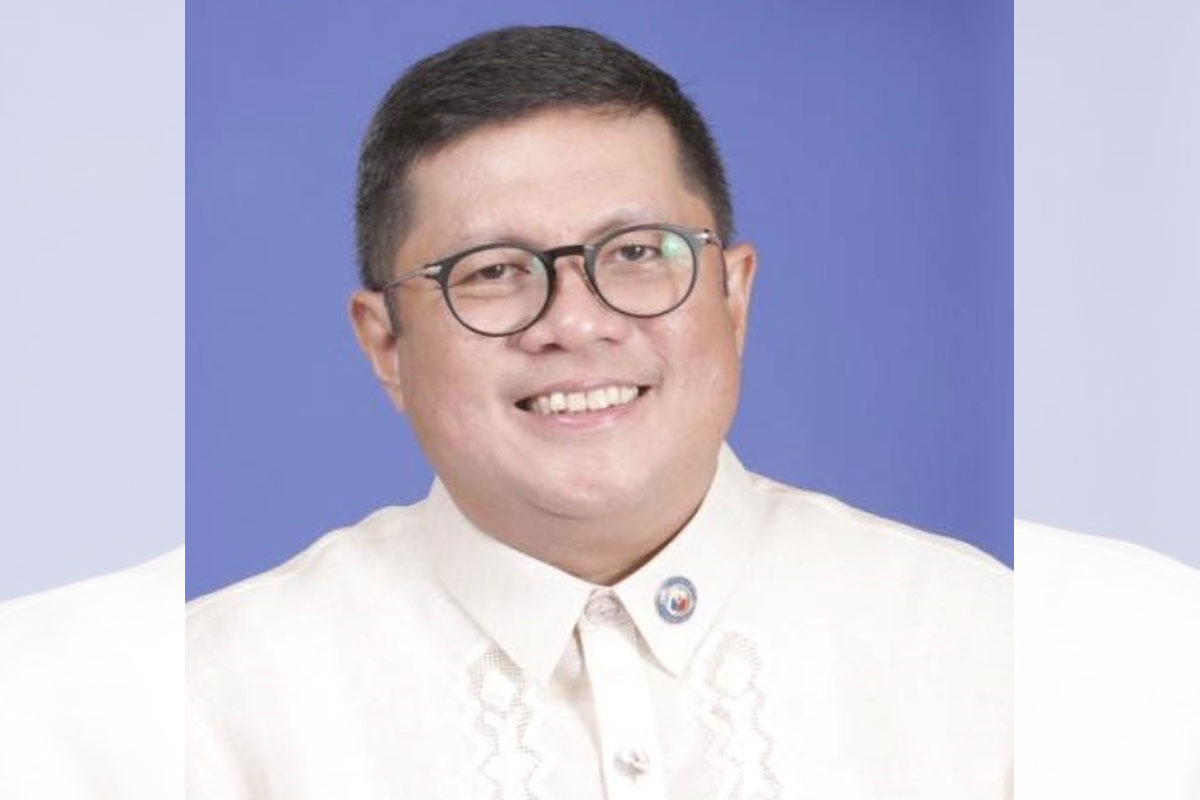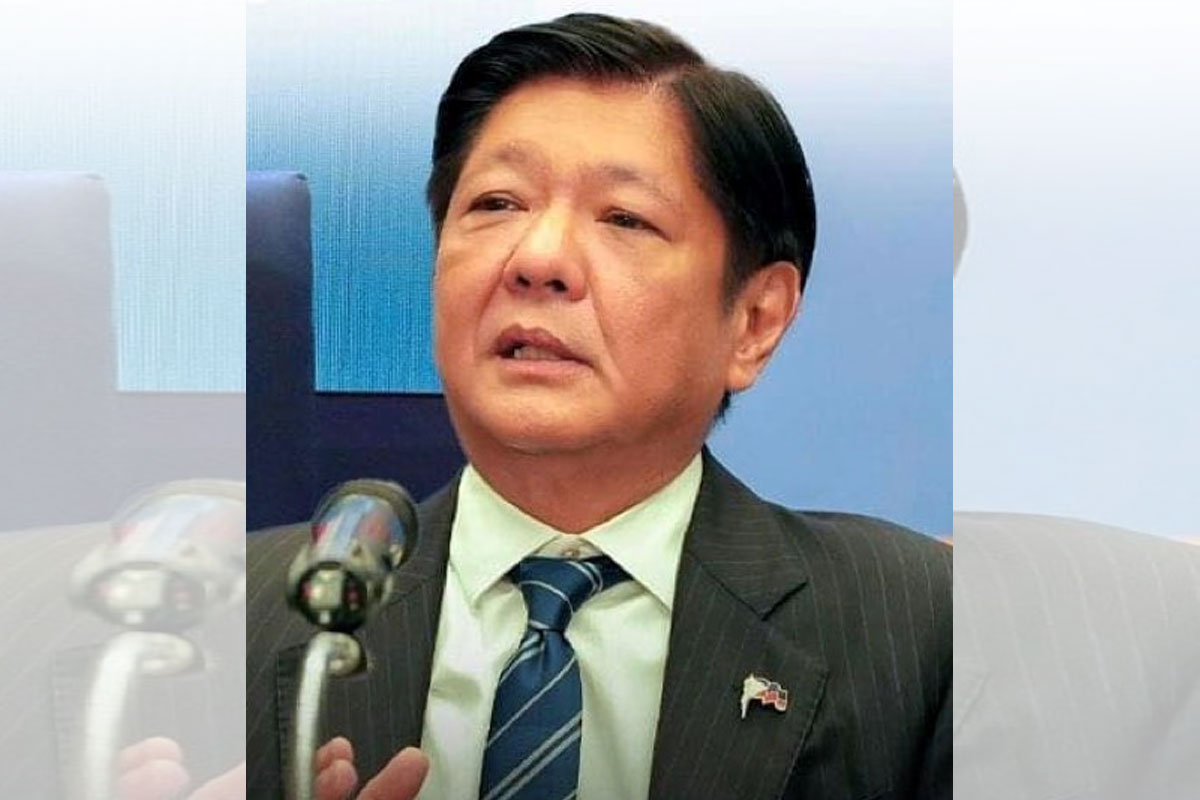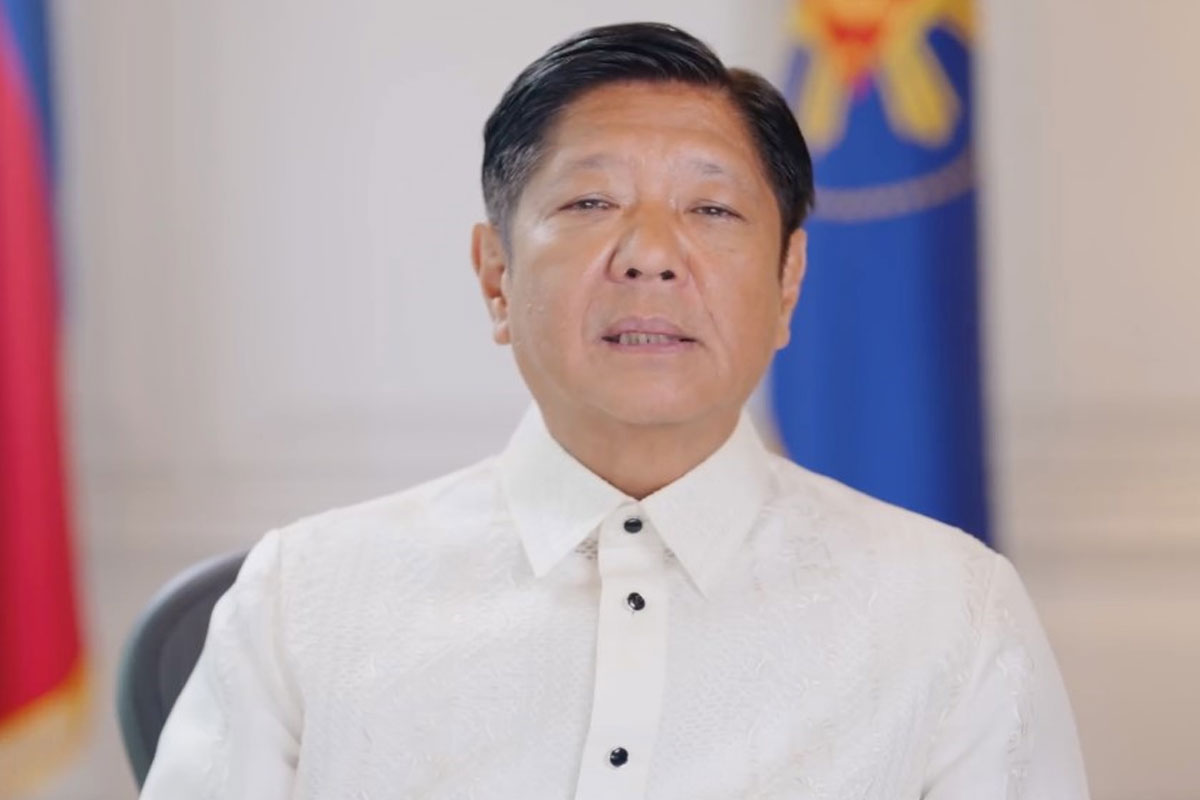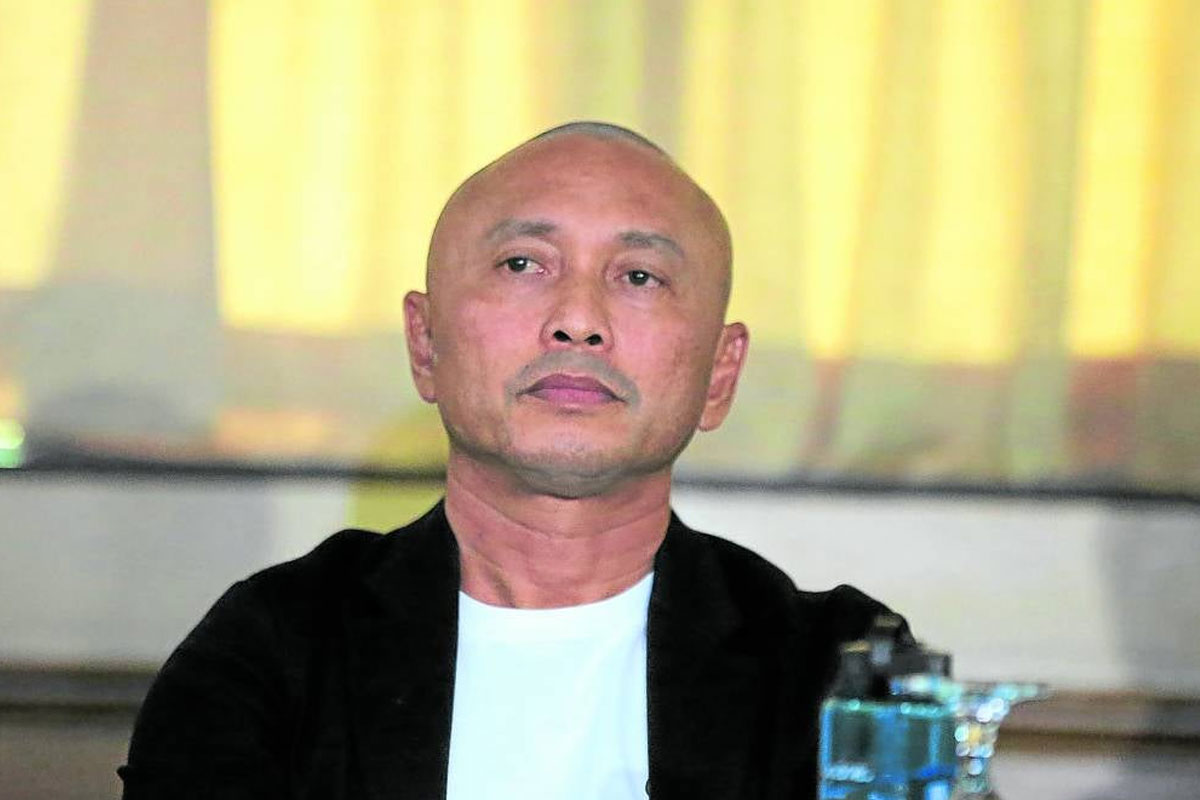
Review PRC policies — solon
HOUSE Deputy Minority Leader Northern Samar Representative Paul Daza called for a review of the policies on licensure exams and procedures being implemented by the Professional Regulatory Commission (PRC).
In his privilege speech, Daza underscored the need to review the policies since most of them are anti-student and anti-poor.
Daza said data from the PRC stating that the average passing rate in 36 professions from 2017 to 2022 is only 40.81 percent.
He lamented how certified public accountants (CPA), fishery technologists, and agriculturists only have “staggeringly low” 24.36 percent, 33.18 percent and 36.92 percent passing rates, respectively.
“Students themselves are not to be blamed. Ito pong mga board exams are anti-student, anti-poor, and arbitrary. Hindi po iyan kasalanan ng students,” he stressed.
The lawmaker said those be blamed are the Commission on Higher Education (CHED), PRC, or maybe the society in general.
He explained that there is a need to consider implementing alternative “licensing routes” where a professional may acquire a license without taking the exams. While it does not stop those who want, and have the privilege, to take such exams, it also provides accessibility to professionals who are hampered from taking exams due to personal, practical, or economic reasons.
The congressman urged his fellow legislators and the regulators to recognize the need for such alternatives due to the current living situation of an average Filipino.
“Pahirapan na nga ang pagtatapos sa elementary at high school, pati ang pagpasok sa college, aba’y pagdating pa ng board exam—kahit magkanda-baon-baon sa utang ang pamilya para lang may pang pang-review center—ay kailangan pang lumusot sa isa pang butas ng karayom ang ating mga graduates?
“Many of these graduates are from poor and disadvantaged groups and it is truly disheartening that they could not pursue their much-sought profession because they could not pass the board exams,” Daza said.
One of the alternative licensure paths suggested is through an apprenticeship program. Aspiring professionals in a field may instead be allowed to practice their profession under a licensed professional for a significant period, and then be qualified to be licensed pending performance requirements and related training certificates.



